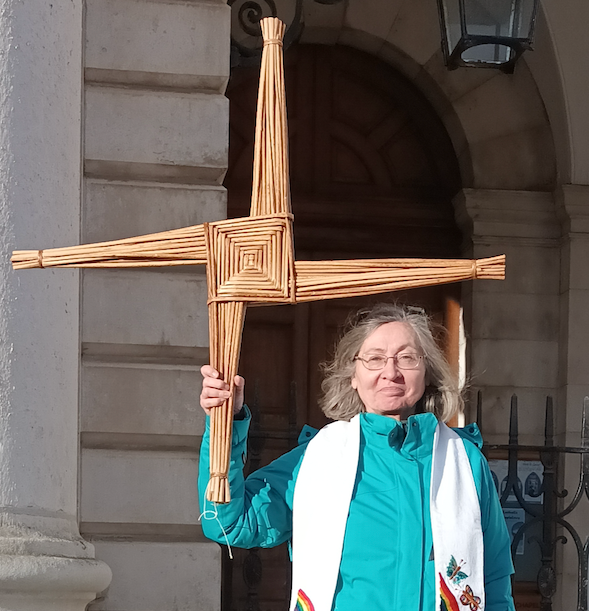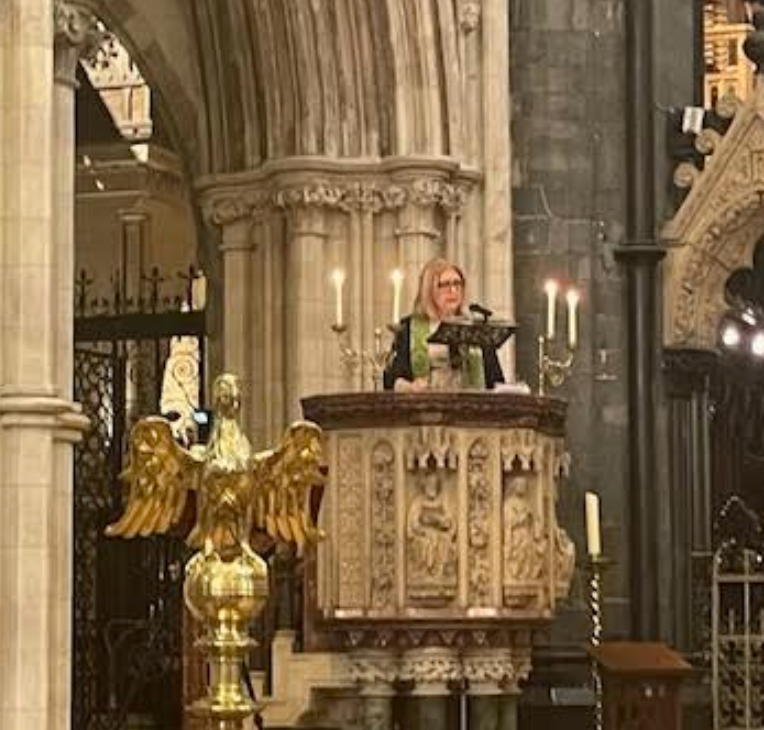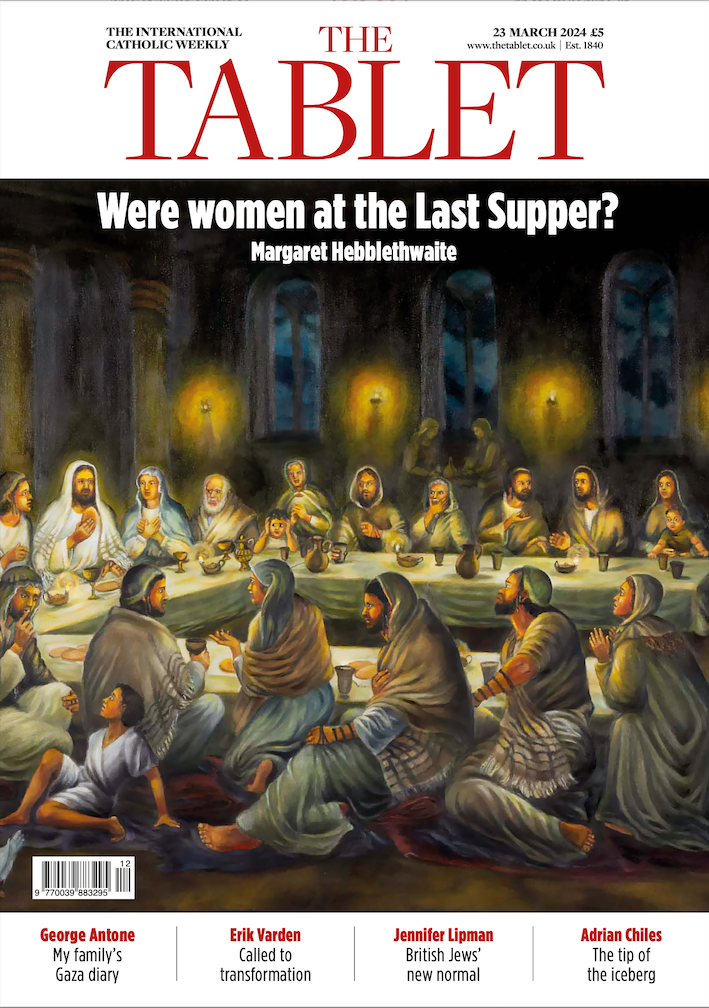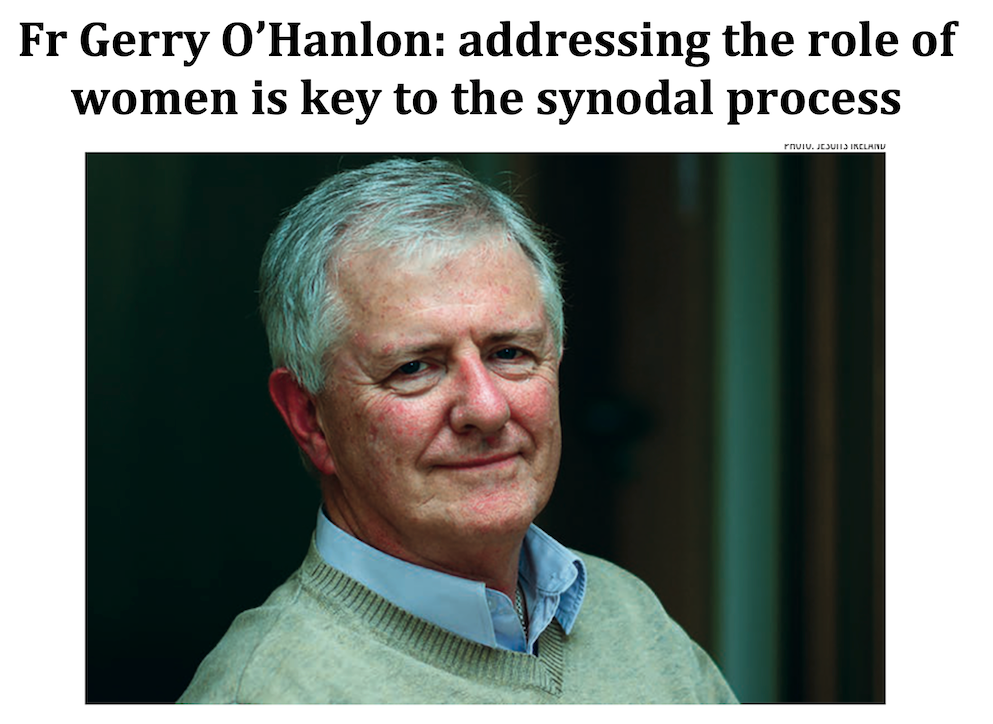Bishop Alan McGuckian SJ in dialogue with Sr. Denise Boyle
WAC ZOOM on 25 January 2024
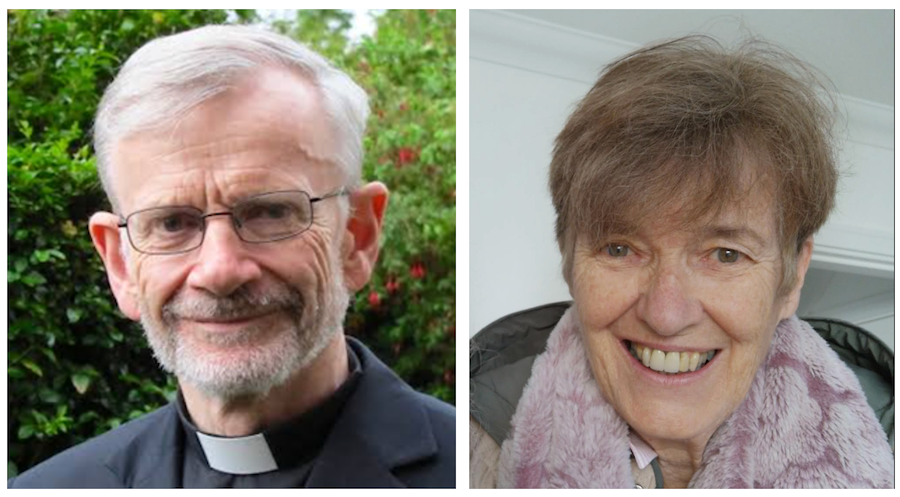
Bishop Alan McGuckian and Bishop Brendan Leahy were elected by the Irish Conference of Catholic Bishops to attend the Synods in October 2023 and 2024.
Bishop Alan kindly agreed to take part in a ZOOM dialogue with Denise on 25 January 2024.
He shared with us his Raphoe diocese Synod synthesis which had a focus on companionship, loneliness, people needing to be asked, youth – with only passing mention of the role of women and LGBT.
At the October 2023 Synod the “emphasis on prayer was relentless”. Timothy Radcliffe OP likened the church to a hen gathering her brood. The Synod will not change anything – a statement giving hope to some and fear to others.
Conversations in the Spirit was a rigorous practice day in day out for 4 weeks. It was exhausting. Different topics and different tables each day. Each table voted on conclusions for their table on each topic.
Back in Raphoe he set up Conversations in the Spirit and something really powerful came out of it.
Does Synodal mean a more parliamentary style? The Anglicans have their 3 houses. This is not for the Catholic Church which has Many – Some – One. Pope Paul Vl set up the Synod of Bishops to advise the pope – and the pope decides. At Vatican ll in Lumen Gentium Chapter 20 there are two contradictory statements:
· The Roman Pontiff is Supreme
· The College of Bishops is Supreme
Denise gently asked if he could share an example where his opinion had been changed at the Synod? Alan found this a hard question. No, his opinion had not changed, but he had grown in compassion and respect. He found it hard to stay in dialogue, when so much was at stake. It was hard work. Relentless. Some days he felt like staying in bed rather than going to another session.
Denise asked about the involvement for the first time ever of women as voting participants? Alan said the female contribution was brilliant. Not all women were saying the same thing.
Denise asked should there be a movement to increase the number of women? Alan replied Yes and No. It’s a hierarchical church.
Denise asked about moving to a less hierarchical church? Alan sees the choice of the apostles by Jesus as foundational. Yet we must be open to development. Cardinal Newman had also had a fixed understanding of certain creeds and dogmas. 4th century Catholicism was a defining period.
In response to a wide range of questions Alan responded:
1. At the Synod they moved to different tables for different topics. Alan was in the English language group.
2. Hot button issues did come up and were dealt with honestly.
3. His hope for the Synod is that it would grow co-responsibility.
4. Structures are important, but the key focus must be evangelisation.
5. Jesus founded the church on the apostles.
6. He doesn’t know where to look for the reports on Women Deacons.
7. We should start small. Invite one by one.
8. Asked about the role of women which featured very strongly in the Irish National Synthesis, Alan replied that he did not go to Rome to campaign for the Irish National Synthesis.
9. The Catholic tradition is the most precious thing there is.
10. The church will move very slowly as it always does.
11. For the very big questions there will be a long, slow process.
Colm Holmes
